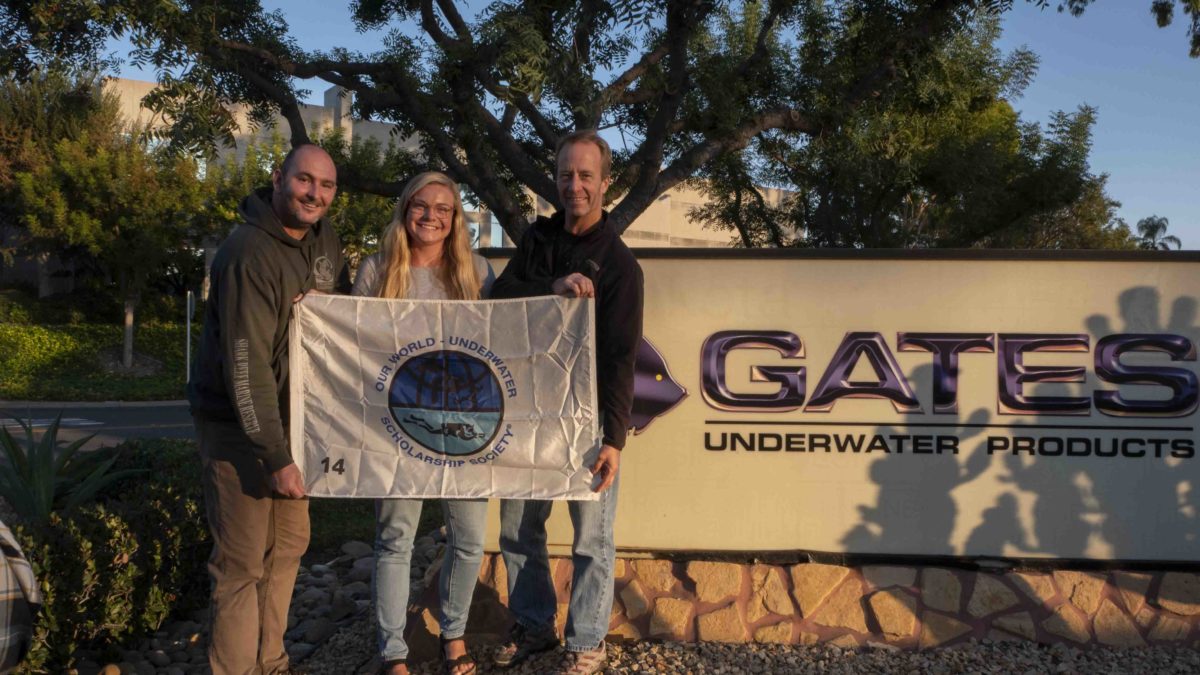I had landed in one of the most famous cities in the world for film and the television industry – Los Angeles. I would spend the next week undertaking an STO (Set-up, Test and Operate) course with the team at Gates Underwater Products and a colour-grading course in the film editing software program Davinci Resolve, thanks to Australian Peter Lightowler.
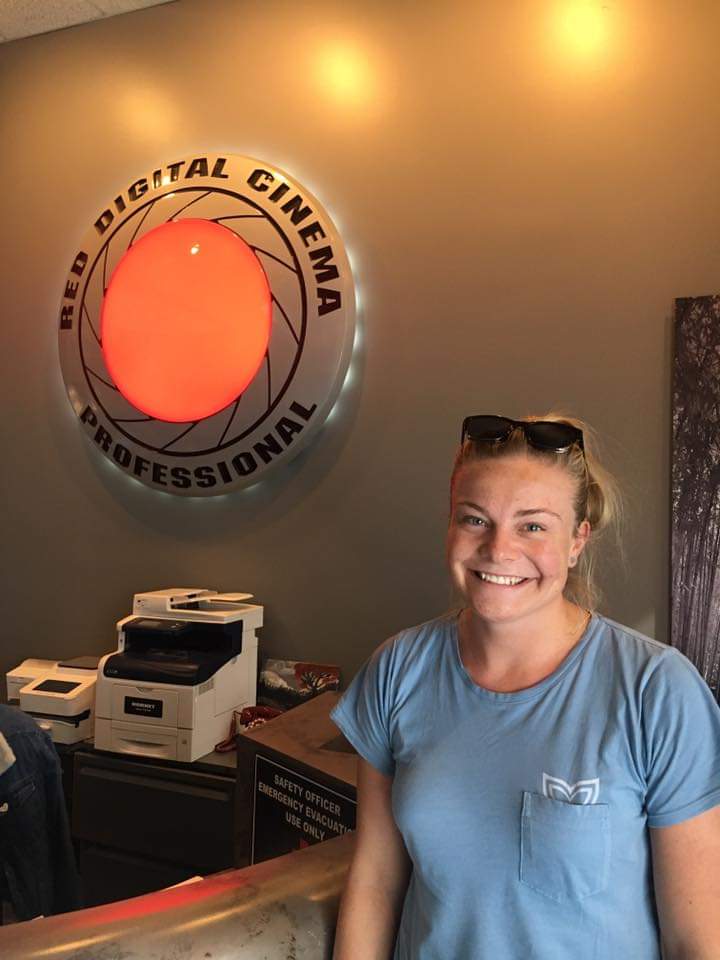
Pete and I made our way from LA airport with a couple of important stops on the way – the first was to the RED Digital Cinema headquarters in Irvine. This company manufactures digital cinematography cameras and accessories, which many of the big and famous Hollywood movies and large-scale cinematographers use to film nature documentaries such as National Geographic and the BBC. During my week of training with Pete and at Gates I would be learning how to use a RED camera inside a Gates underwater housing, so it was a privilege to be able to stop at the headquarters and learn more about this company.
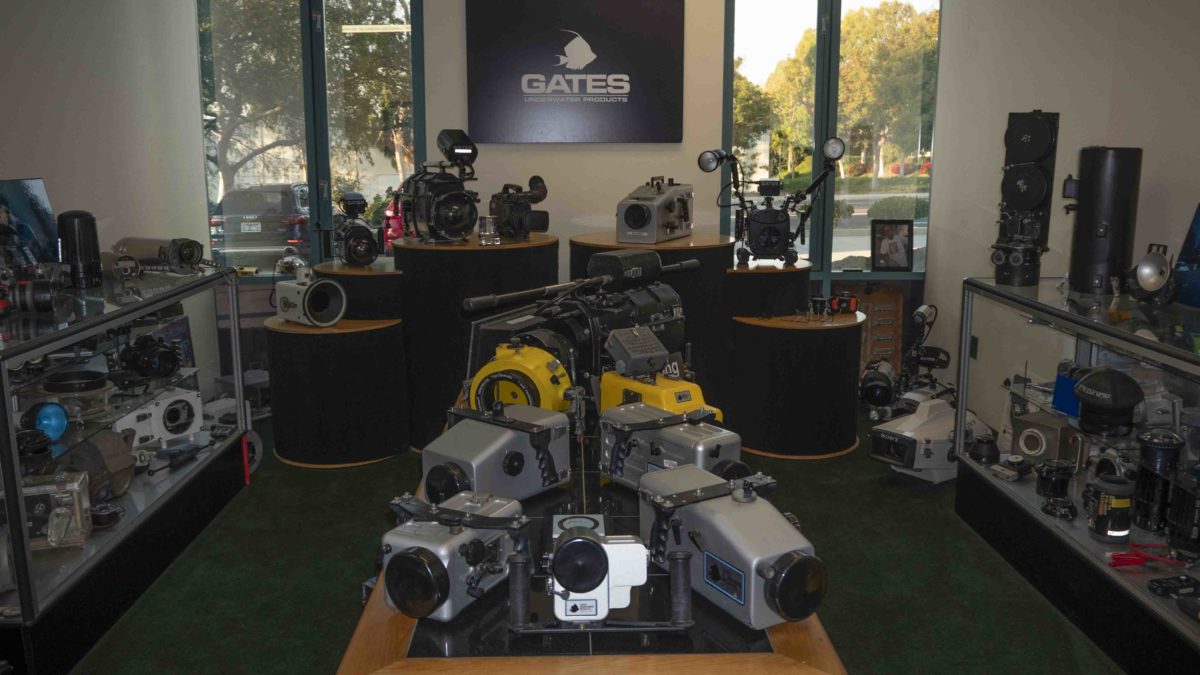
From here we made our way to San Diego, where I would spend the next week with a group of other cinematographers and people that worked in the film industry, undertaking a Gates STO course. Owner and engineer of the Gates Underwater Products, John Ellerbrock, his wife and President Karen Ellerbrock, and Director of Sales, Pamela Mazey Mertz, were extremely kind in hosting me at their headquarters in San Diego.
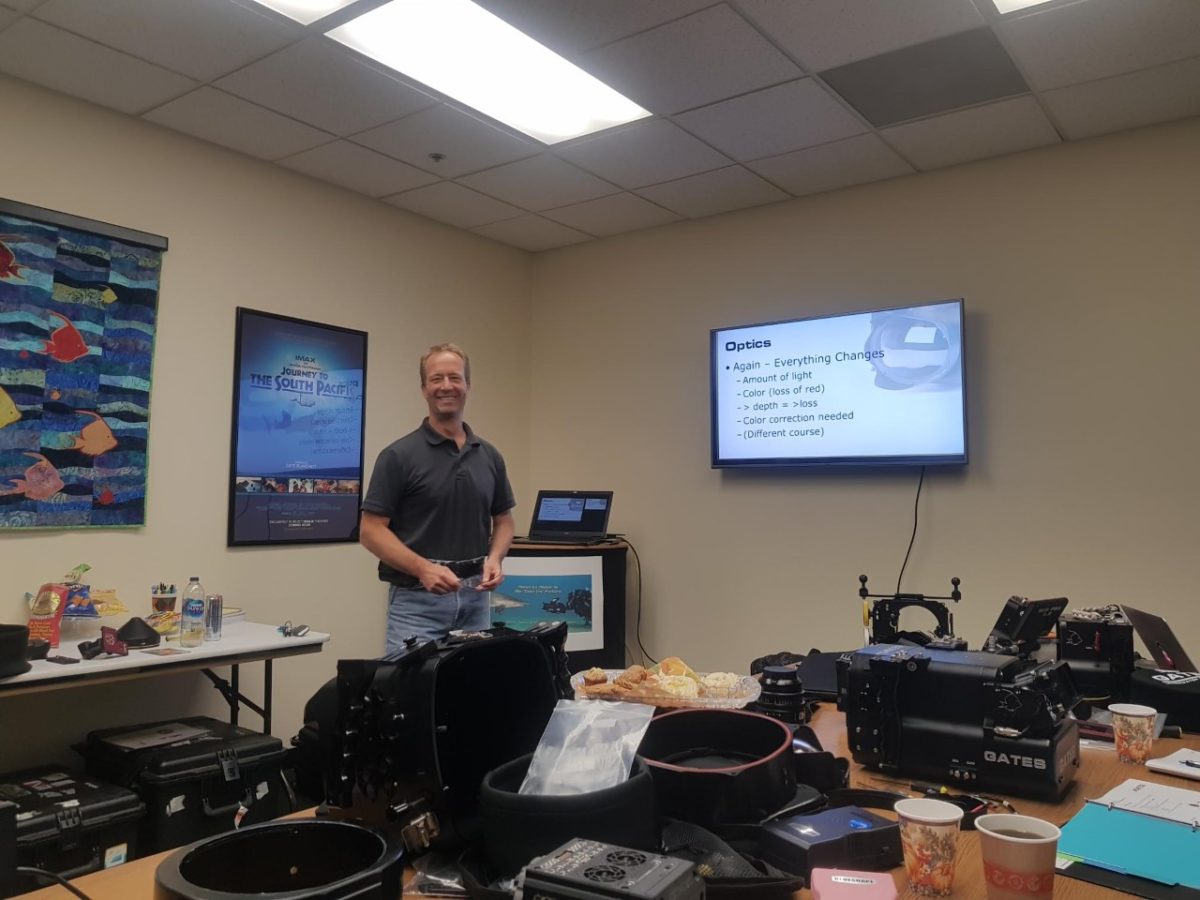
The course started out with some history of the underwater cinematography world and a tour of the magnificent Gates museum, which was full of all the original underwater housings, including the original bodys for the Nikonos cameras made by the founding father of Gates, Elywn Gates.
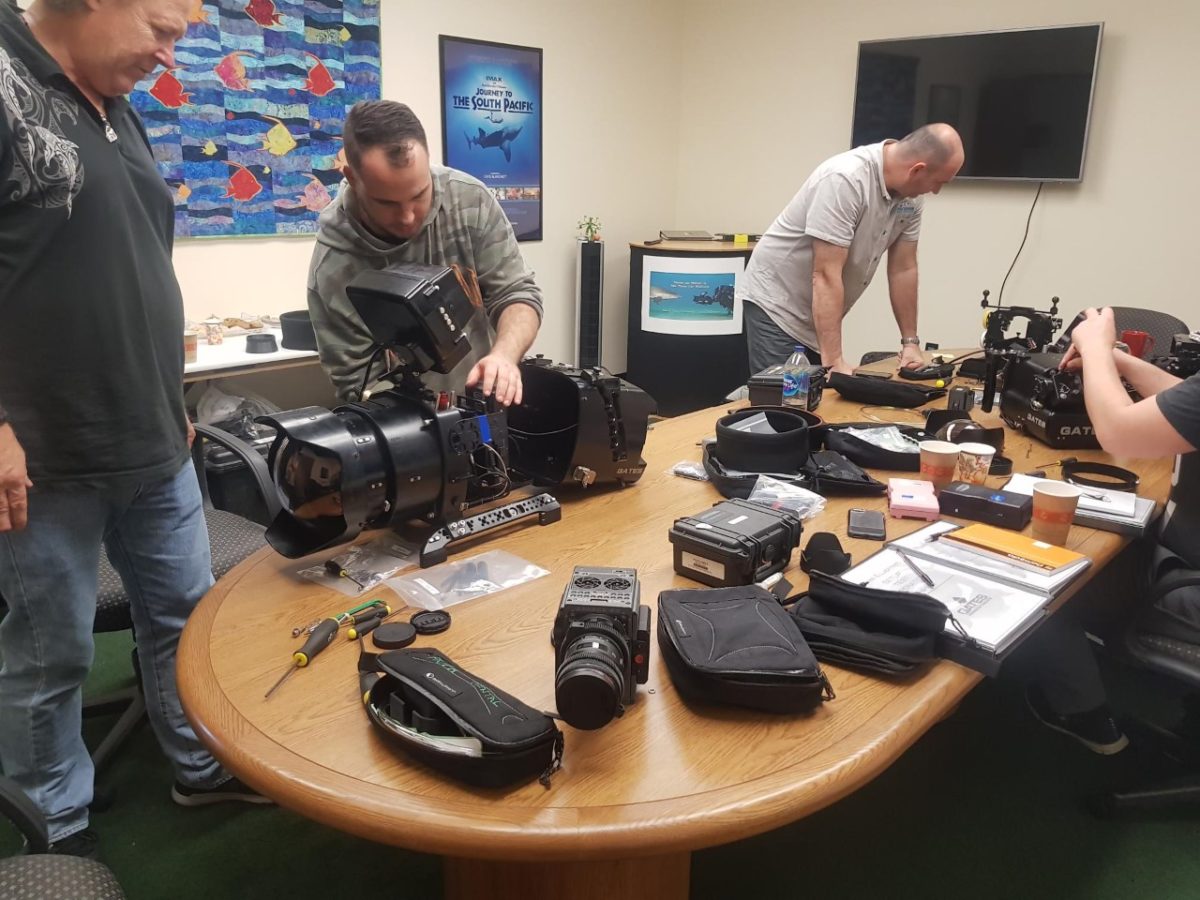
As well as this, we were lucky enough to be at the headquarters, which also included the factory onsite, where the housings are produced. We got a behind the scenes tour of the factory, the machines that are used to make the housings, the engineering process that goes on in John’s office, as well as the chance to view every single model of Gates housing that has ever been made. This also included the incredible moulds used to make the Megadome that was a one-off make for the BBC for Blue Planet II!
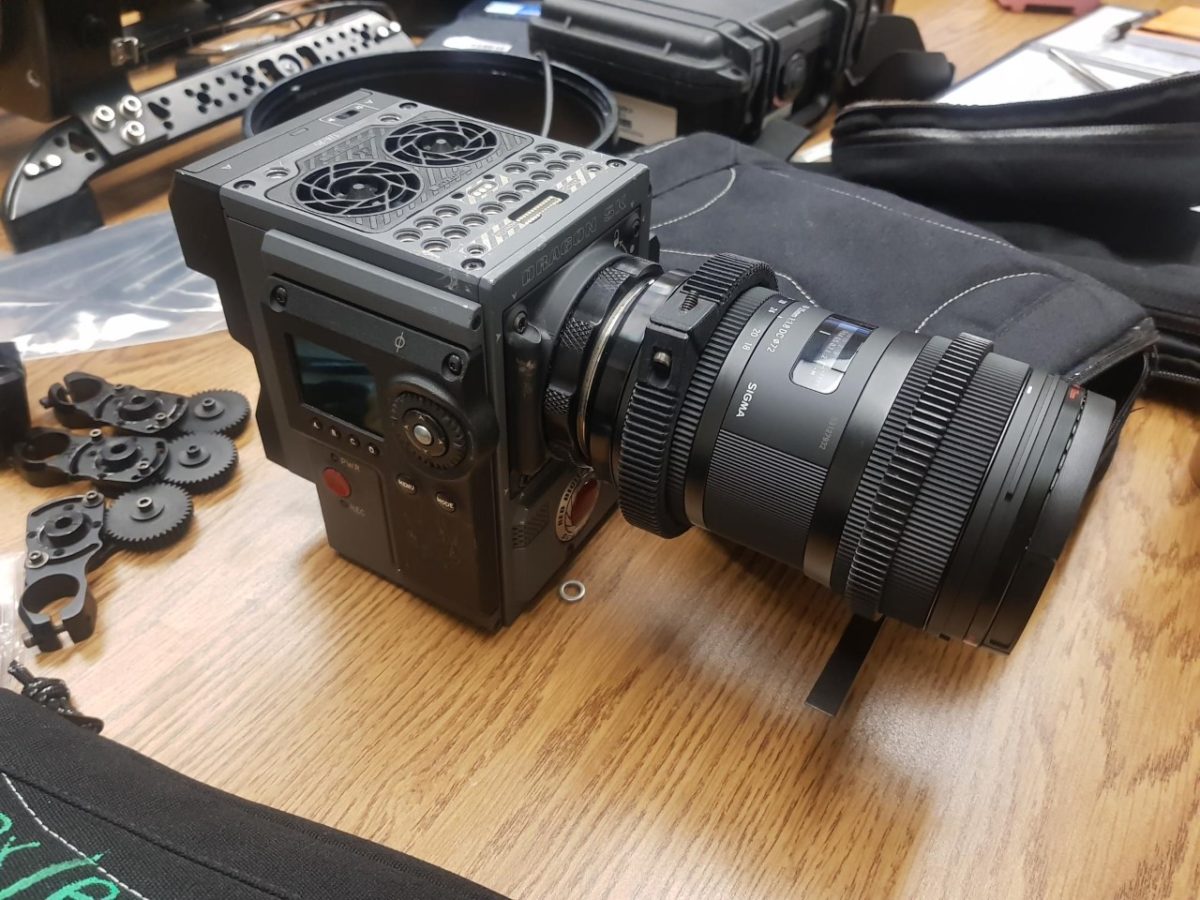
The STO course comprised a series of lectures from John and then with the assistance of instructors Ron Lagerlof and Pete, the students looked at a series of RED cameras and their custom-made Gates housings. We looked at them assembled and then stripped them, and then put them back together – multiple times! The housings are intricate but the more practice we all got, the better we got at assembling them and ensuring they were water tight and ready for the pool session, where would actually get to test the housings out ourselves.

The next day we made our way to John’s extremely kind neighbour’s pool, where we would spend the day testing out the cameras, getting used to the different sized cameras and housings and learning to change the lenses and do the correct step-up and pre-checks before getting back into the water with the housings. Because the housings were so big, there was a large amount of airspace inside, so we also were taught about trimming the cameras correctly for neutral buoyancy and stabilization underwater, particularly for filming.
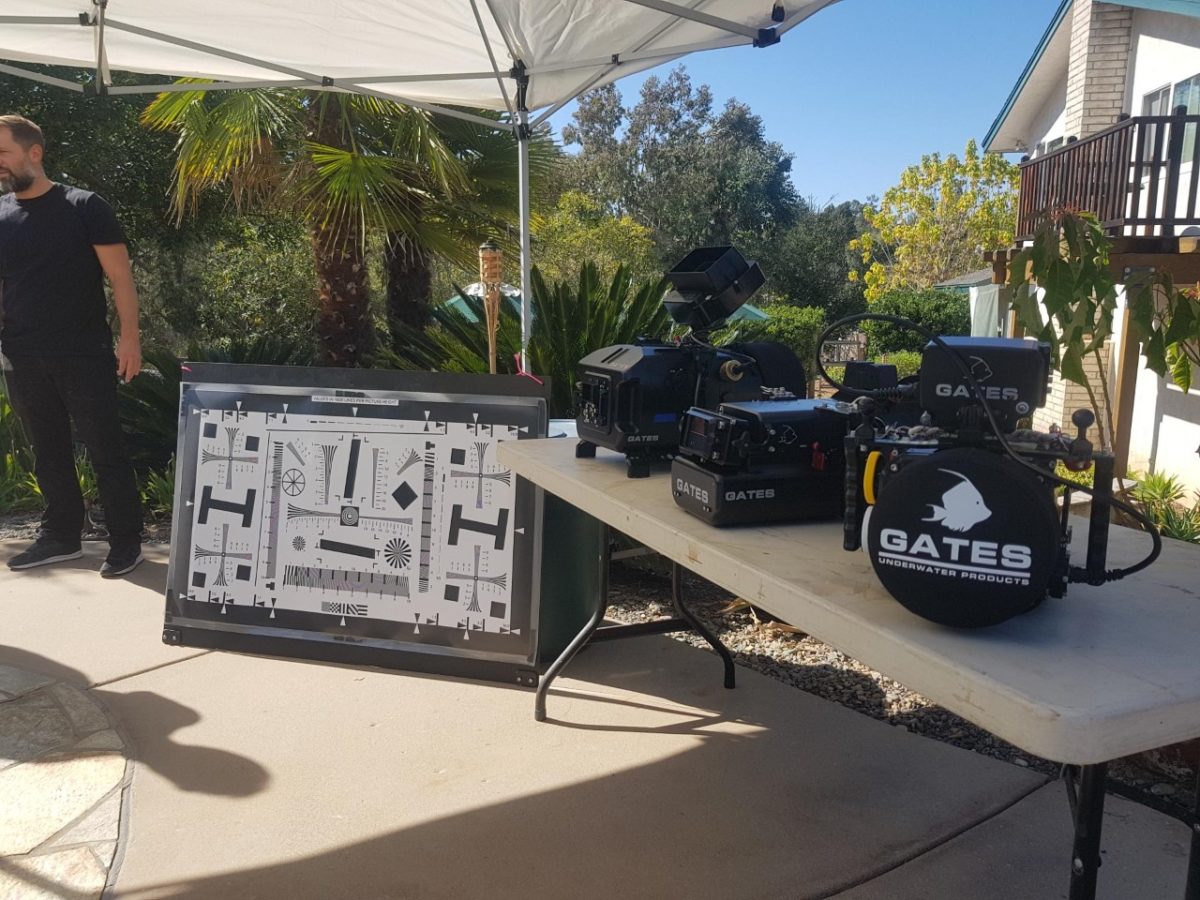
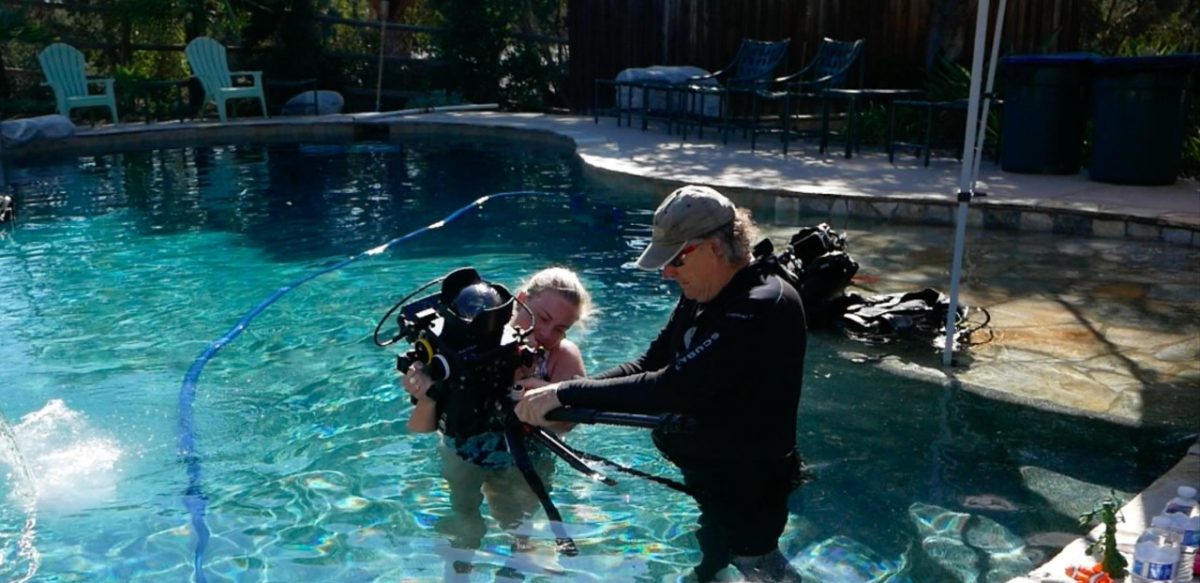

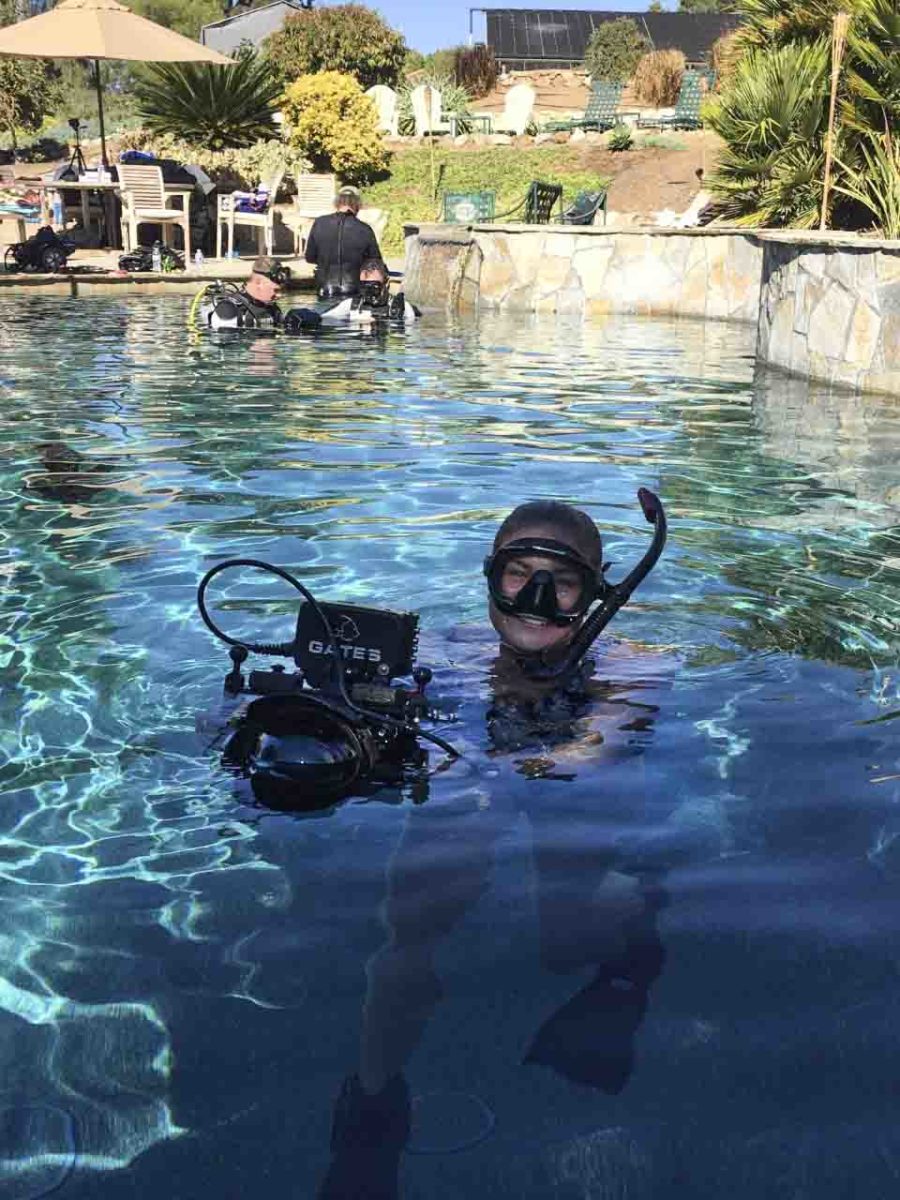
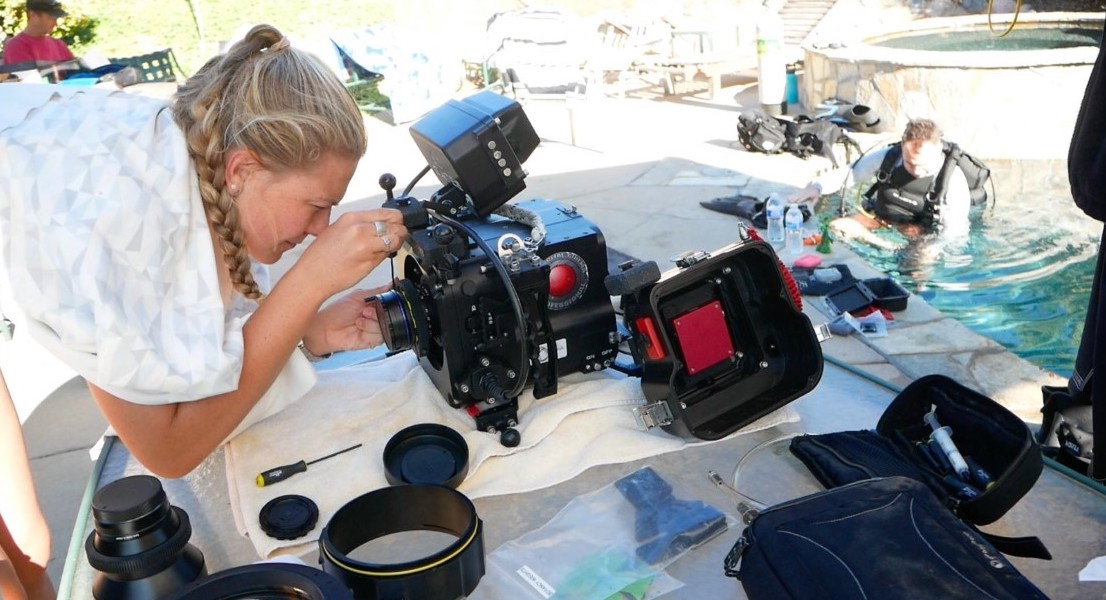

Following the wonderful STO course thanks to John, Pete then took over and there was a new group of students, who were all divers and eager to learn about colour grading and using the software Davinci Resolve to produce underwater films. This incredible free software allows you to do so much with underwater footage, especially now thanks to Pete for showing us the tricks behind the software which he has mastered. We were also lucky enough to use the panels that Black Magic produce that are used by industry to create large-scale films, to edit some of our own footage.
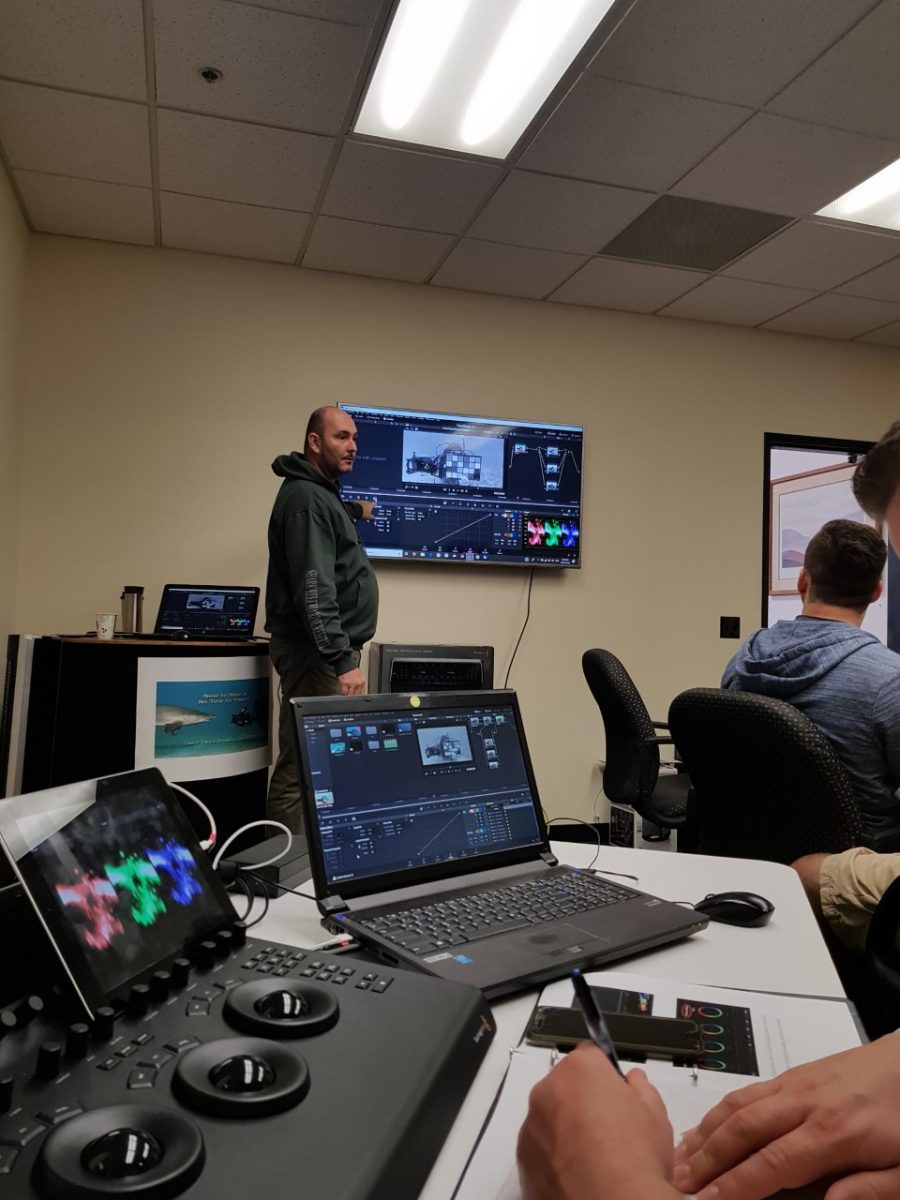
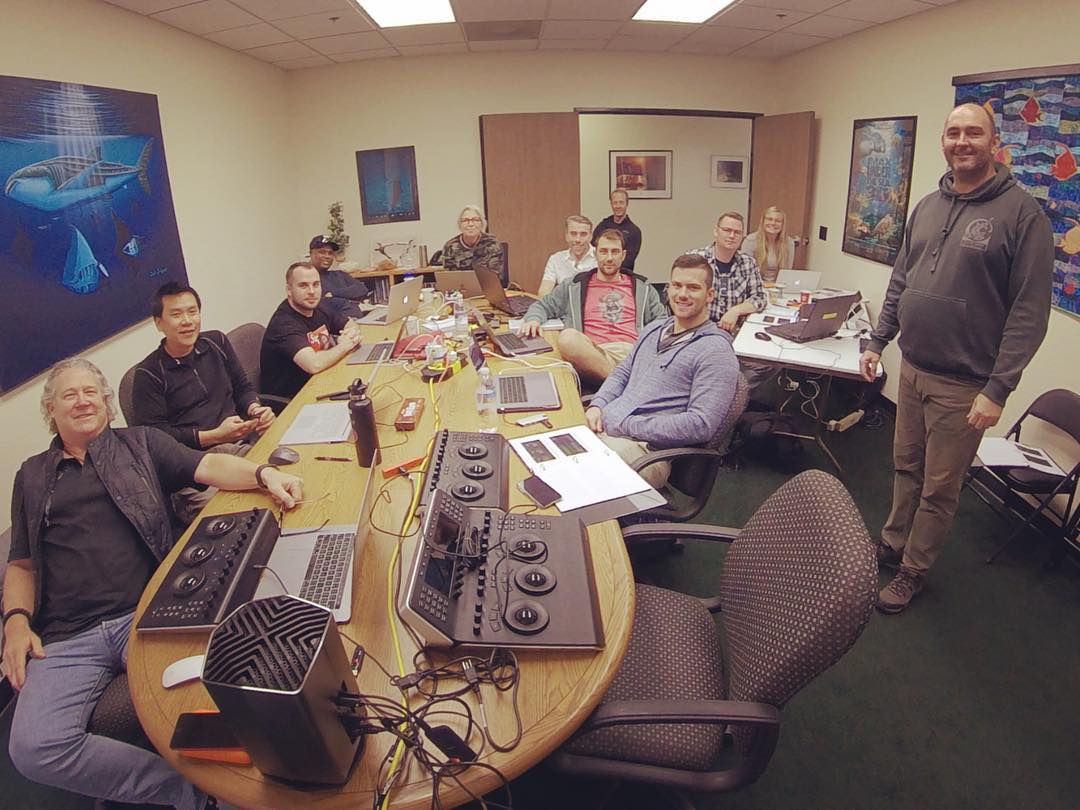
By the end of the two-day course with Pete, we were all confident in being able to import, edit, colour grade and even produce a video/film using Davinci Resolve, or as Pete liked to refer to us as his little “Black Magicians”.
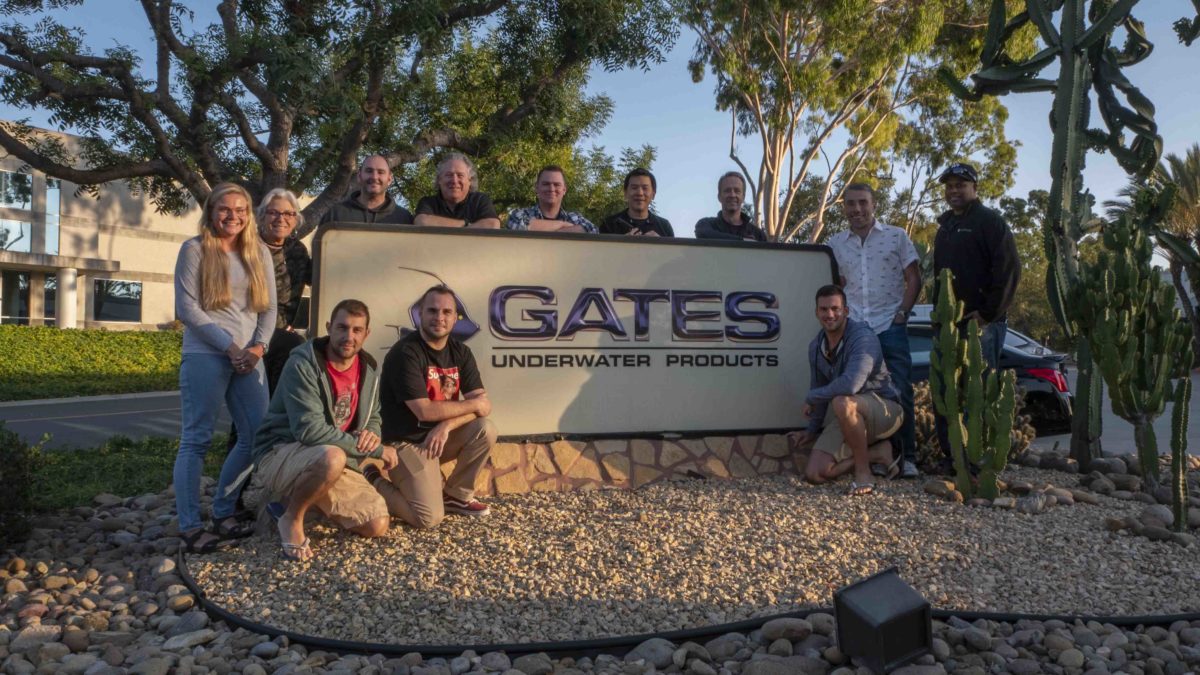
I also managed a quick visit to the famous La Jolla Cove, which is part of the La Jolla Underwater Park, a marine reserve, to visit some of the very sleepy Sea Lions and seals.
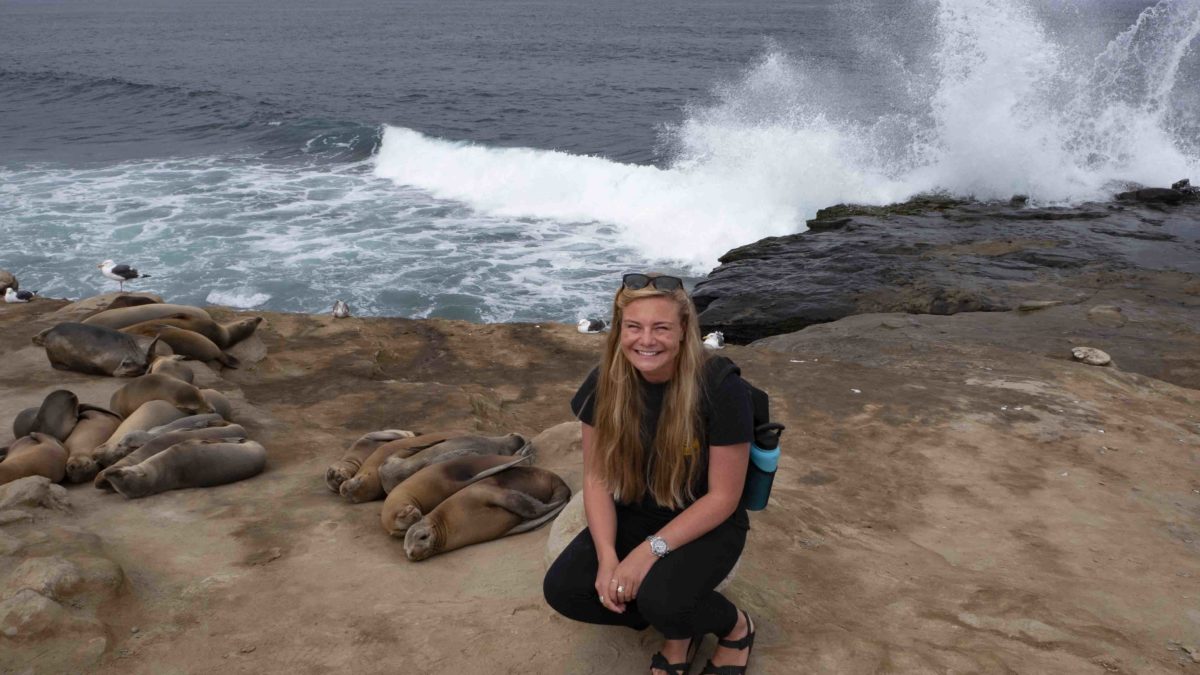
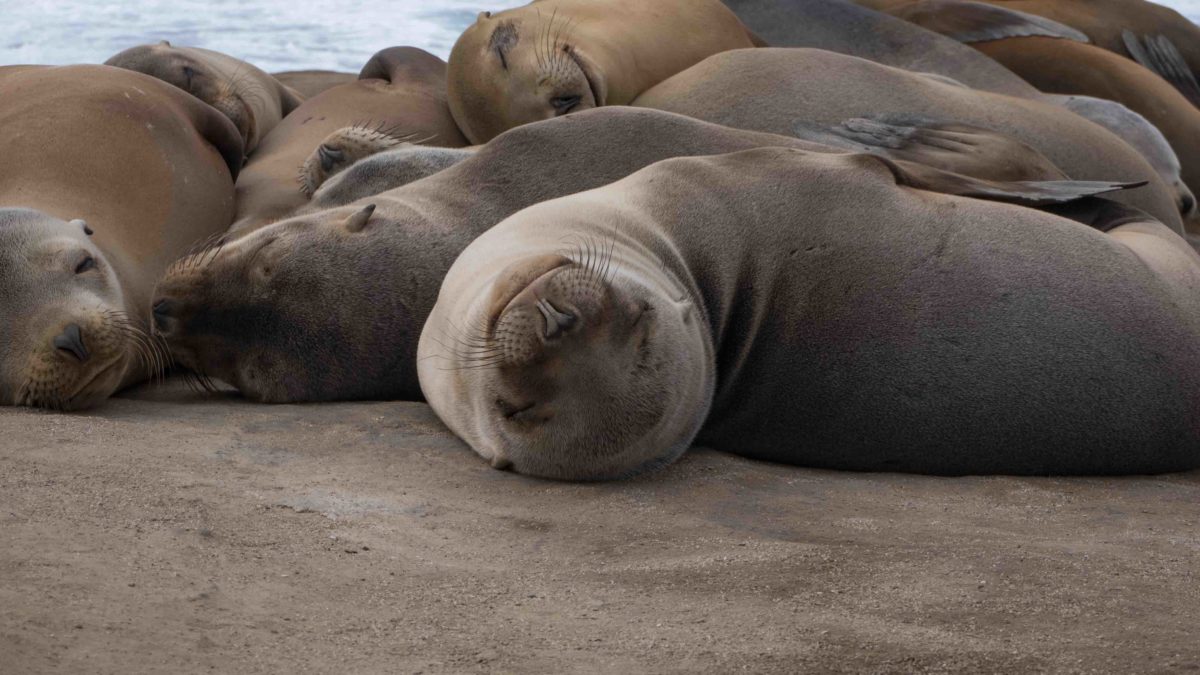
This was a brilliant opportunity to be exposed to the film, documentary and cinematographic side of the underwater world, and this would not have been possible without the generosity and support of Peter, John, Karen, Pamela and Ron. I am so thankful for this opportunity to have gained the knowledge and skills about using and operating RED cameras, Gates underwater housings and to then further this with the skills to edit underwater photography. I can’t wait to apply these skills into my future career and hopefully one day jump into the ocean with a Gates housing!
